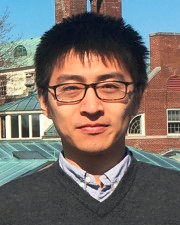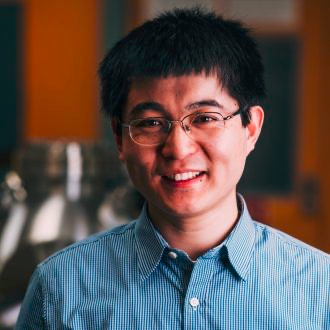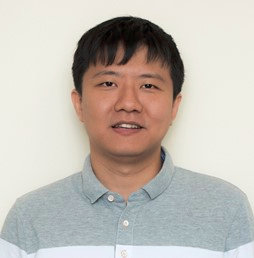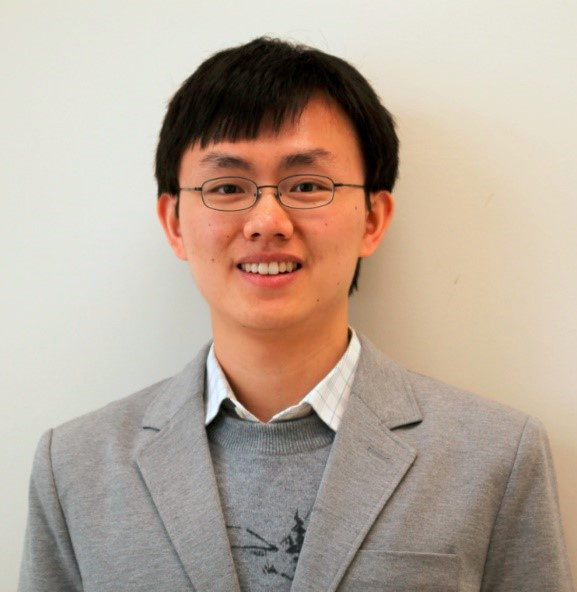Peking University, February 19, 2021: The Alfred P. Sloan Foundation recently announced the winners of the 2021 Sloan Research Fellowships. Among them, 4 are Peking University alumni. They are Dai Liang, Deng Yu, Liu Luqiao, and Xu Sheng.

Dai Liang
Dai Liang is currently an assistant professor in the Department of Physics at the University of California, Berkeley. He received a B.S. in physics from Peking University and a Ph.D. in physics from Johns Hopkins University. Dai has a particular interest in astrophysics and physical cosmology, and is investigating high magnification macro-lensing and micro-lensing phenomena in extragalactic lensed galaxies by combining theoretical and observational efforts.

Liu Luqiao
Liu Luqiao is an associate professor in the Department of Electrical Engineering and Computer Science at Massachusetts Institute of Technology (MIT). He earned a B.S. in physics from Peking University and a Ph.D. in applied physics from Cornell University. His research focuses on fabricating nanoscale spintronic devices to achieve efficient control over magnetic dynamics. He also explores new material and physics mechanisms to improve the performance of spintronic devices for memory, logic and neuromorphic applications.

Deng Yu
Deng Yu is currently an assistant professor at the University of Southern California. He was admitted to the School of Mathematical Sciences at Peking University in 2007 and transferred to MIT in 2008. He received a doctorate from Princeton University in 2015. Over the years, he and his collaborators have made significant research achievements, including proving the invariance of Gibbs measure for the two-dimensional high-order Schrödinger equation, and verifying the correctness of the limit equation on the optimal time scale for the weak turbulence problem corresponding to the Schrödinger equation.

Xu Sheng
Xu Sheng is currently an assistant professor in the Department of NanoEngineering at the University of California, San Diego. He obtained his B.S. in chemistry and molecular engineering from Peking University in 2006, and a Ph.D. in materials science and engineering in 2010 at Georgia Institute of Technology. His research focuses on wearable devices that are capable of acquiring multichannel physiological signals from the human body represent an important trend for healthcare monitoring and precision medicine.
Since 1955, the Sloan Research Fellowships have been annually awarding early-career researchers whose creativity, innovation, and research accomplishments make them stand out as the next generation of scientific leaders. Over the years, the Sloan Research Fellowships have expanded into 8 different scientific fields: chemistry, computer science, Earth system science, economics, mathematics, molecular biology, neuroscience, and physics.